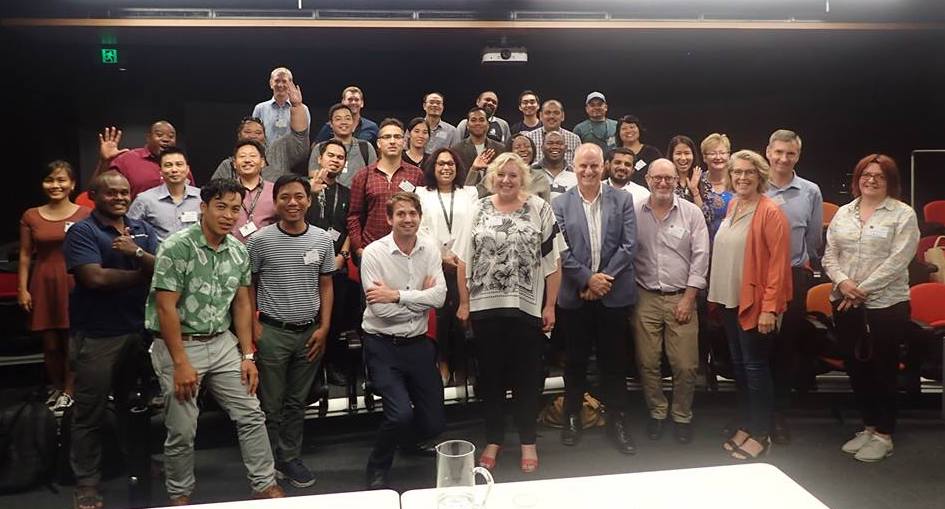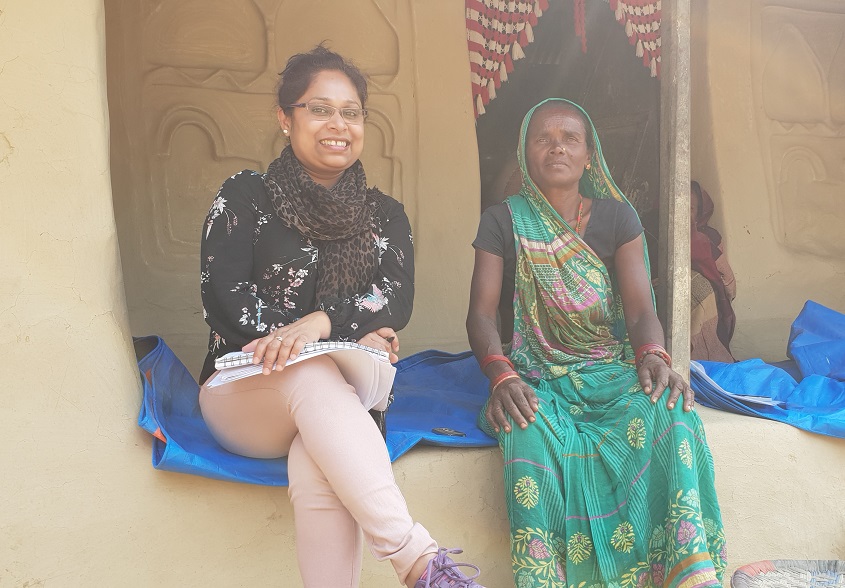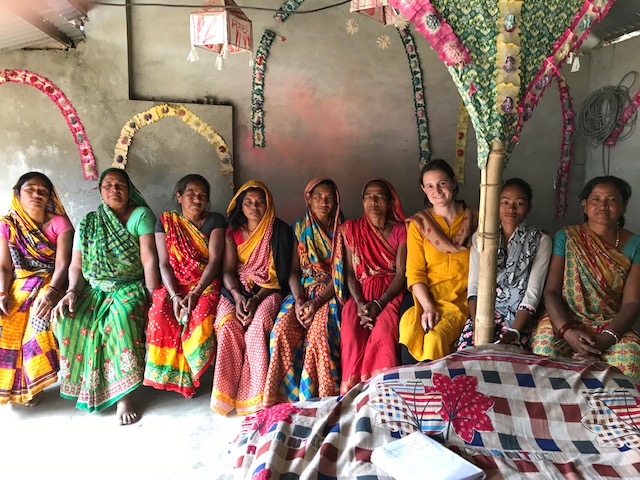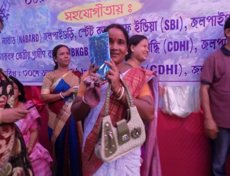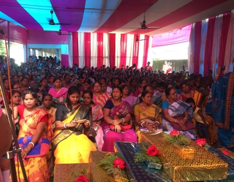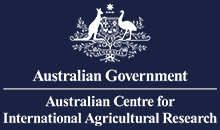Dipika Das recently took part in a ‘John Allwright Fellowship Executive Leadership Program (JAFel)’. The program is designed for John Allwright fellows in Australia and was delivered by the University of New England in Armidale (New South Wales) on behalf of ACIAR. The program improves project leadership, project management, entrepreneurship, gender equality and crisis management. The program’s ‘Gender and social inclusion’ theme explored the significance of gender in agriculture and gender analysis frameworks to access inequalities in agriculture. Dipika shared her experience on the International Water Management Institute’s project team, finding that gender power relations are integral to the functionality and sustainability of agriculture.
The course lasts 18 months and includes an initial training workshop and online modules with assignments. 25 participants from 14 different countries participated in the training workshop that took place from 28th of January to 8th of Feb 2019, which involved extensive learning opportunities, group study, networking sessions with the ACIAR Canberra team, field-work and reflection sessions. Tentatively, the whole JAFel team will reunite in Armidale once again to discuss progress and officially close the first JAFel cohort training program in March 2020.
Dipika is undertaking her PhD at USQ and using gender perspectives to explore women’s participation in agriculture focusing on women smallholder farmers’ bargaining power in agricultural value chains.




